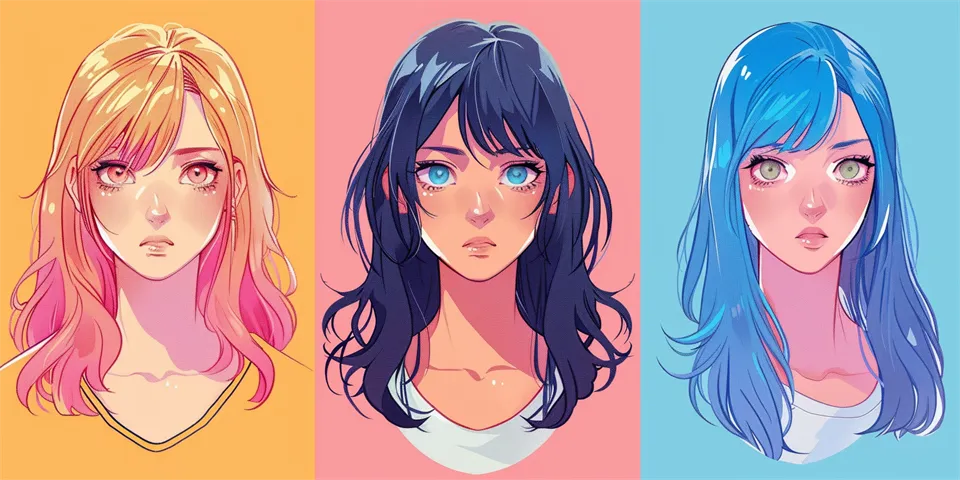The concept of fanfiction, an umbrella term describing stories written by fans using existing characters and settings, is not a new phenomenon. Despite its modern perception being closely tied to internet culture �particularly the online communities and the likes of platforms such as FanFiction.net, Archive Of Our Own (AO3), and Wattpad, the history of fanfiction is much older, possibly predating written language itself. This article will explore this notion from various angles, providing insights into the origins, development, and cultural implications of fanfiction.
Oral Tradition and Folklore as Early Fanfiction
Before the advent of the written word, people passed stories from generation to generation orally. These oral traditions can be considered the earliest forms of fanfiction. They were interactive, communal, and the stories were often changed and adapted based on the audience and the storyteller. This democratic storytelling process arguably mirrors present-day fanfiction in which the writer uses an existing framework to craft a new narrative.

Folklore and mythologies further enhance this perspective. Different versions of the same story, containing gods and mythical creatures, were told across cultures, reflecting a shared human imagination and the essential components of storytelling, similar to modern fanfiction, which utilize popular TV shows, movies, books, and video games as a starting point.
Classic Literary Texts: Fanfiction or Original?
Fanfiction seems ubiquitous even in the realm of classical literature. Many adaptations of ancient texts such as Homer's "Iliad" and "Odyssey" can be regarded as fanfiction. Poets, playwrights, and authors have been drawing from the same well of myths and legends, creating their versions of the stories, thereby perpetuating the same characters and themes in a different form.
Even William Shakespeare, one of the most celebrated authors in the English language, authored works that could be classified as fanfiction today. Many of his plays were adaptations of existing stories, history, and myths. The notion of retelling stories with a personal touch has always been a staple in the world of literature, demonstrating that the essence of fanfiction might have been in existence even before the term was coined.
Copyright Law and Fanfiction
With the advancement of a legal framework for intellectual properties, changes in the nature of storytelling began to emerge, challenging the concept of fanfiction. The concept of copyright law, introduced in the 18th-century, legally protected an author’s work from being copied without permission. This marked a significant shift in the perception of storytelling, sidelining communal and creative reinterpretations.
However, the advent of digital technology has led to a resurgence of fan-creations. Online platforms have provided a safe space where fanfictions can flourish, with the understanding that the work is for non-commercial purposes. Still, copyright law remains somewhat of a gray area in the realm of fanfiction.
Modern Day Adaptations and Reworks
In modern literary circles, reimaginings of classic tales and adaptations of earlier works are not only common but highly appreciated. Works like "The Wide Sargasso Sea" by Jean Rhys, which reimagines "Jane Eyre�from the perspective of the 'madwoman in the attic', fall into this category. They are fanfictions of a sort, reworkings of established stories with new interpretations and perspectives.
The same holds true for popular culture where fanfiction flourishes. Be it cinematic universes, television series or literary series, new iterations and stories are being written by fans all the time. J.K. Rowling’s Wizarding World, George R.R. Martin’s Westeros, or Marvel's and DC’s universes all feature a plethora of fan-created works that reinterpret and expand on the original canon.
Fanfiction Platforms
Fanfictions have found a massive audience through various digital platforms. Websites like FanFiction.net, AO3 (Archive of Our Own), and Wattpad allow fans to publish their stories, create communities, and interact over shared interests. These platforms enable fans to express their creativity, delve deeper into the stories they love, cultivate global friendships, and in some cases, even hone their skills as professional writers.
FanFiction.net is one of the oldest and most extensive fanfiction archives on the Internet, showcasing works from numerous fandoms across the globe. AO3 takes it a step further by providing a non-commercial and non-profit space owned and operated by fans. Wattpad, meanwhile, has carved a niche in catering to a younger, more mobile-dependent user base, with its app being a popular platform amongst teen writers.
Conclusion
In conclusion, the concept of fanfiction predates the written word. It is entrenched in our shared cultural narratives and storytelling traditions. The desire to retell and reimagine stories is engrained in human beings, as seen in our history from oral traditions, folklore, classical literature, to modern reinterpretations. Today's fanfiction is merely the latest iteration of this ancient human impulse, facilitated by advancements in technology and the internet.
Common FAQs
Question: Is fanfiction illegal?
Answer: As long as fanfiction is non-commercial, it often falls under 'fair use'. However, specific laws vary by country, and grey areas exist when it comes to copyright infringements.
Question: What are some popular platforms for fanfiction?
Answer: FanFiction.net, AO3 (Archive of Our Own), and Wattpad are amongst the most popular platforms for fanfiction.
Question: What is the origin of fanfiction?
Answer: Fanfiction, in essence, dates back to before the advent of written language. People retelling stories with their own spin, folklores, and classic literary texts- all can be viewed as forms of fanfiction. The modern definition, however, has been shaped by digital technology and online communities.
References
Jenkins, H. (1992). Textual Poachers: Television Fans and Participatory Culture. Routledge.
Veale, K. (2012). Fan Fiction and Fan Communities in the Age of the Internet. Jefferson, N.C: McFarland.
Pugh, S. (2005). The Democratic Genre: Fan Fiction in a Literary Context. Bridgend, Wales: Seren.
Welcome to Spicy AI, where digital connections get sultry! Experience personalized AI companionship that brings out your inner desires. With NSFW options and custom conversations, indulge in flirtation and fantasy like never before! Are you ready to play? Join us!






